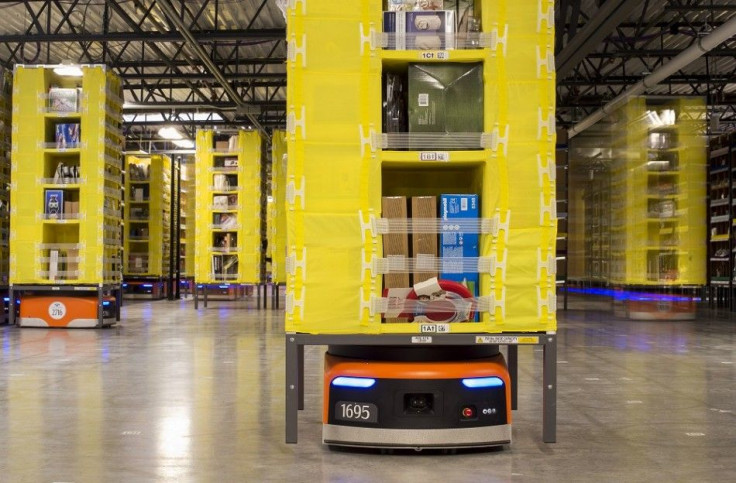World Economic Forum Panel Debunks Elon Musk Fear That AI Robots Would Kill Humans

In a panel at the ongoing World Economic Forum in Davos, Switzerland, panel hosts Ken Goldberg and Alison Gopnik allayed on Thursday the fear of Tesla founder Elon Musk that Artificial Intelligence (AI) robots would one day kill humans.
The two, who are professors at UC Berkeley and are experts in robotics and psychology, respectively, listed seven reasons why humans would still be one step ahead of robots in the future, reports Business Insider.
The first reason is that machines can’t learn from random life experiences. Gopnik concedes that it is easier to stimulate a chess grandmaster using a computer than to stimulate a 2-year-old child. But while chess appears complicated, it follows a defined set of rule, while a child is exposed to different and infinite variety of random stimuli and learns from it swiftly. The current set of computers still does not have the capacity for computers to learn from random inputs.
Second reason is that humans make machines smart. Google’s search engine, Goldberg pointed out, are fed by the web activities by millions of humans. He even foresees robots of the future having a “human customer service” function which would be used to call a human and seek help for something it doesn’t understand.
Non-logical thinking is a human domain, which explains why they can joke and robots can’t. And so is creativity which makes humans select a choice that has a high chance of success without knowing the answer in advance. The example for that is music composition, Goldberg said.
In contrast, Gopnik says robots don’t and cannot have new ideas and can’t play since it involves creativity.
As to Musk’s fear that AI could kill the human race, it would only happen if such a dumb AI would be created by a stupid human. It is comparable, Gopnik said, to a stock market software that could be very dangerous in the hands of stupid humans.
Gopnik cites the cute cat phenomenon which resulted in humans posting a lot of images of the feline, resulting in the Internet having the ability to distinguish a cat from non-cat objects.
Meanwhile, Musk, physicist Stephen Hawking, Skype co-founder Jaan Tallin and other scientists signed an open letter in Davos that calls on fellow savants to take care to avoid the potential pitfalls of technology that could eradicate disease and poverty.
Francesca Rossi, a professor of Computer Science at Padua and Harvard Universities, told euronews on the question if robots could kill humans one day, “I don’t see how such a catastrophic scenario could naturally emerge from these machines. They will be able to change the behaviour over time, but within the boundaries of what was encoded within them in the beginning. There is, however, certainly a need to build intelligent machines that can be checked.”
To contact the writer, email: v.hernandez@ibtimes.com.au




















